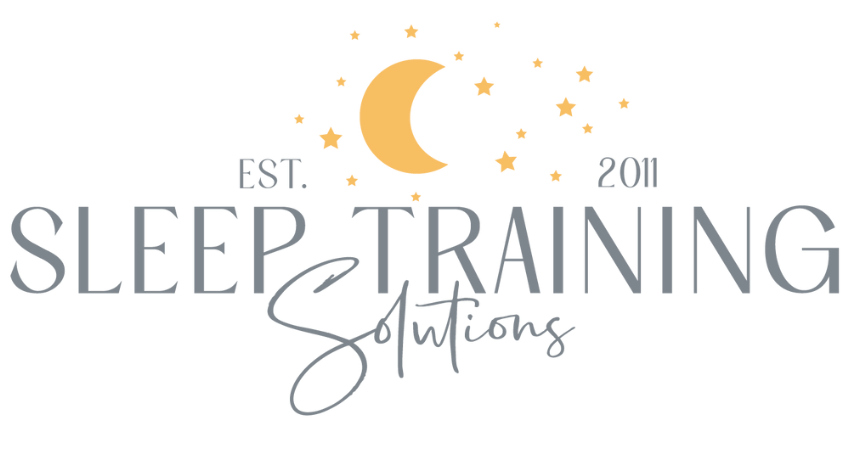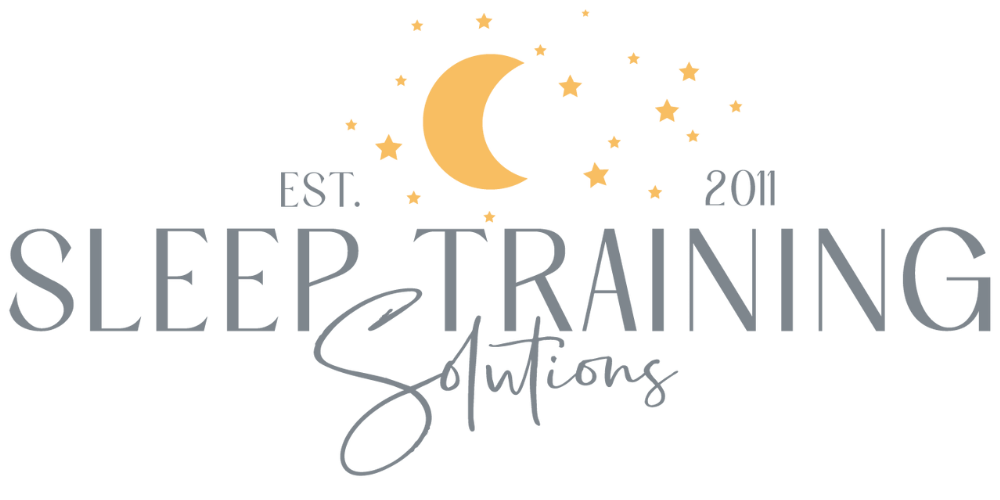Are Seasonal Allergies Affecting Your Child’s Sleep?
This allergy season is one of the WORST!
But if you or your child is suffering, every year is the worst!
In the past, I would play catch up and try to head off symptoms as they come up…but this year, I decided to talk with others who might have some great proactive ideas I hadn’t thought of yet: moms on the playground who have to wipe their kids’ noses every 2 minutes and mom friends who know how to fix everything seemed to be two great places to start. (I’m sure you have a friend or two like this…the one you turn to if your darling child “accidentally” uses Sharpie on the couch or you use too much salt in a recipe and need to “neutralize” it–FAST!)
And then I looked at what works for us, since our whole family (except for lucky hubby) is affected by seasonal allergies, to come up with some easy strategies for your family.
If your child (or you!) gets itchy and watery eyes, runny nose and sneezes every Spring, here are 6 tips that can help him sleep better:
1. Have a bath or shower right before bed
Unless your child is home sick, he’s probably been romping around outside, falling on the ground trying to catch a ball…you know, just being a kid! Well, when he comes inside, he’s bringing pollen back in the house, on his skin and especially in his hair. Washing that off right before bed is key…otherwise it’ll get onto his pillowcase and he’ll be breathing it in all night!
2. Keep loveys and blankets in the bedroom
Some kiddos tote their favorite stuffed animal or blanket all over the place–to the grocery store, library, to the park–and bringing it outside where it’ll inevitably be dropped on the ground or brushed against the car is again going to attract pollen. When they snuggle with it in bed later, they’ll be breathing all those particles in. Best to leave those in the bedroom…and bedtime will be easier too because they haven’t been “with” their lovey all day, so it’s something to look forward to!
3. Keep windows closed in the bedroom
For fear of sounding like a repetitive robot, you don’t want pollen wafting into the bedroom!
4. Keep outdoor pets out of the bedroom
Everything seems to stick to my chocolate lab’s coat. In the last week I’ve combed off stray pieces of string, confetti (what party has he been at??) and a small piece of broccoli (odd because that’s my kids’ favorite vegetable…they wouldn’t be sharing that with him!). And we brush him everyday since he’s shedding his winter coat. But if larger “things” can attach to him, just imagine dust-like particles like pollen sticking…
5. Use a saline nasal spray
Using an over-the-counter saline spray will rinse out the particles and excess snot. And use it all day, not just at bedtime! Not to be gross, but you want to keep up with the, ahem, production. I’m a big fan of this one since it only has natural ingredients (xylitol, purified water, salt, and grapefruit seed extract).
6. Look into allergy remedies
I’m a huge fan of homeopathy. Some of my favorites for allergies are apple cider vinegar (Bragg’s is the best because it has “The Mother”), local honey and Sabadil tablets. (Remember that honey is not safe for babies!) Pediatricians and allergists can also offer over-the-counter and prescription antihistamines and nose sprays if the symptoms are relentless.
Also remember that certain foods can affect your allergies. Certain foods when cooked will be fine, but eaten raw can make hay fever symptoms worse.
I also look at the pollen count each day. This site tells you which cities are the best and worst pollen-wise that day, and also has an app for your phone. If Chicago is listed under “worst” cities that day, we won’t drive with the windows open and or sit out on the patio for dinner.
With all of that said, you could drive yourself crazy creating a bubble for those few months when winter is melting into summer. Do your best, see what helps YOUR child and that’s what will work for your family!
Related Posts:
This post is for informational purposes only and may not be the best fit for you, your child and/or your personal situation. It shall not be construed as medical advice. The information and education provided here is not intended or implied to supplement or replace professional medical treatment, advice, and/or diagnosis. Always check with your child’s physician or medical professional before trying or implementing any information read here.





